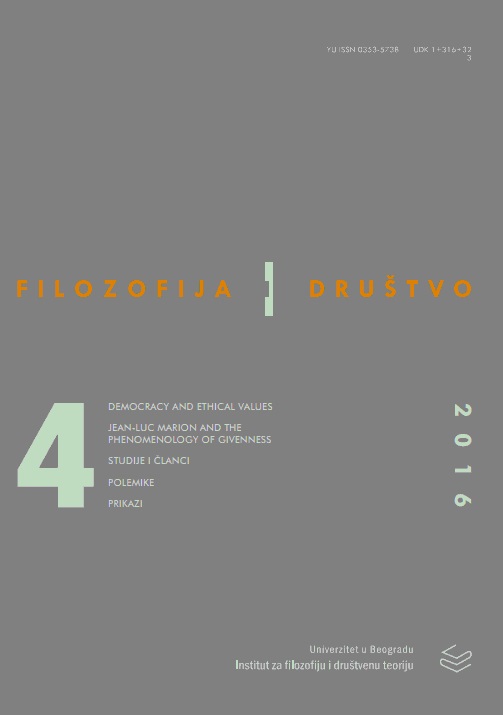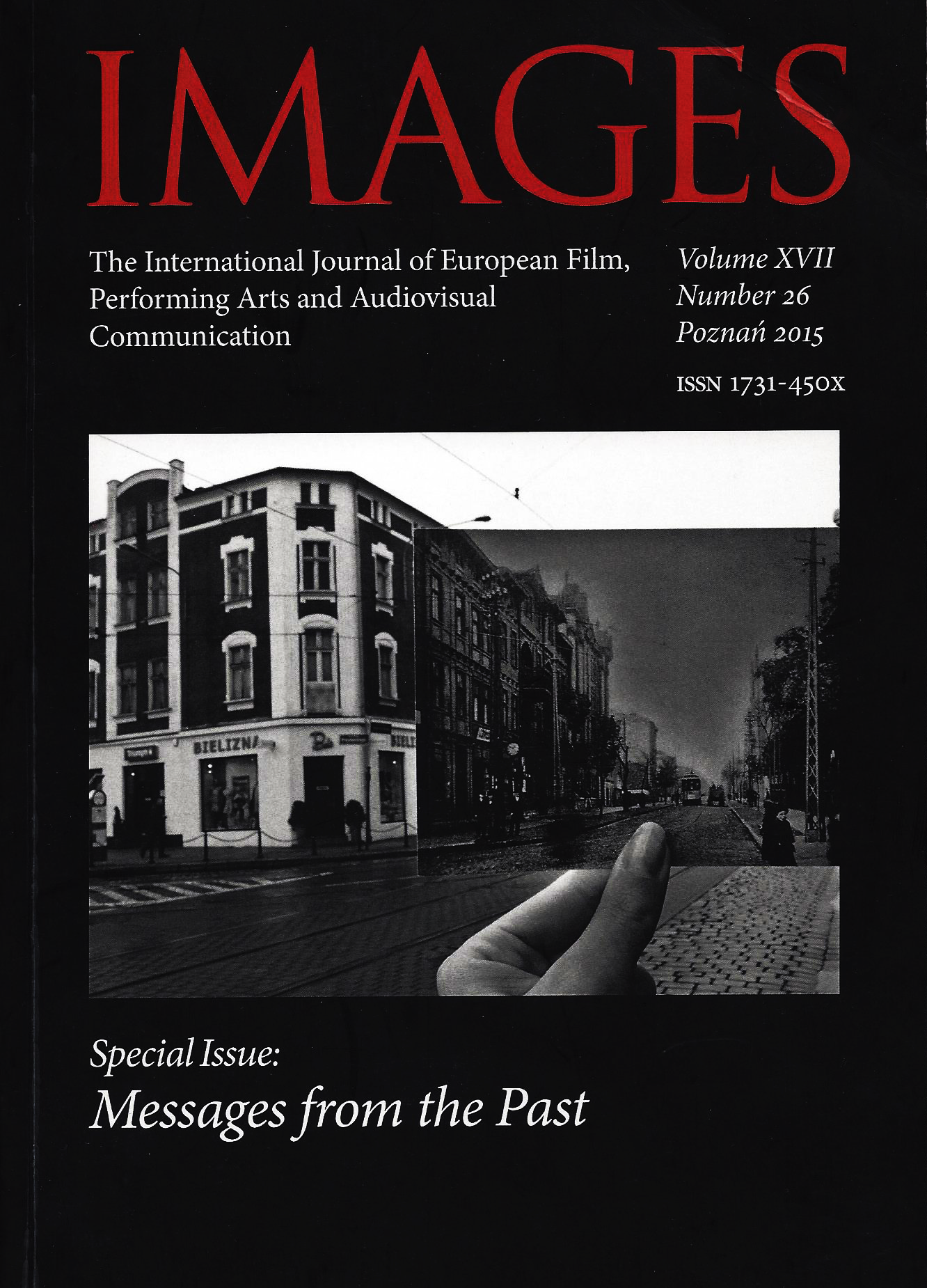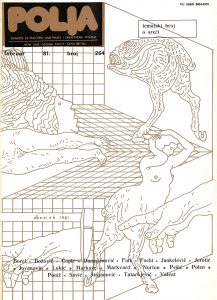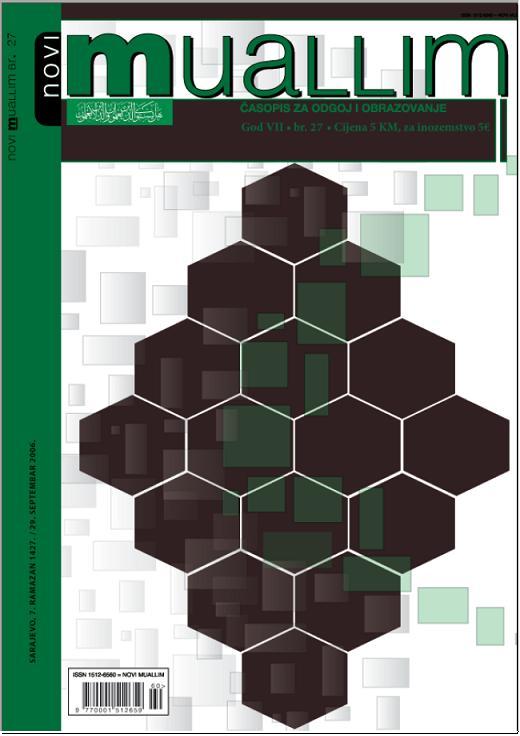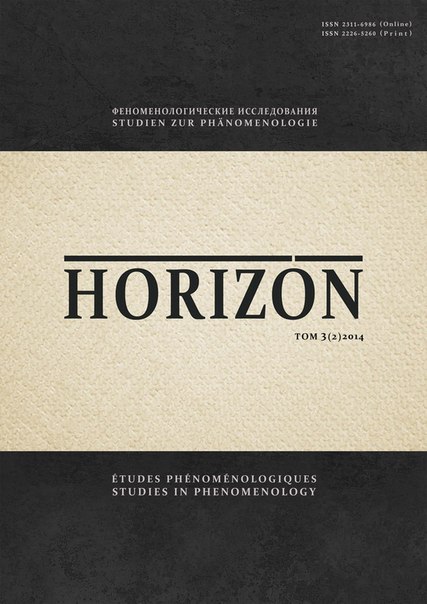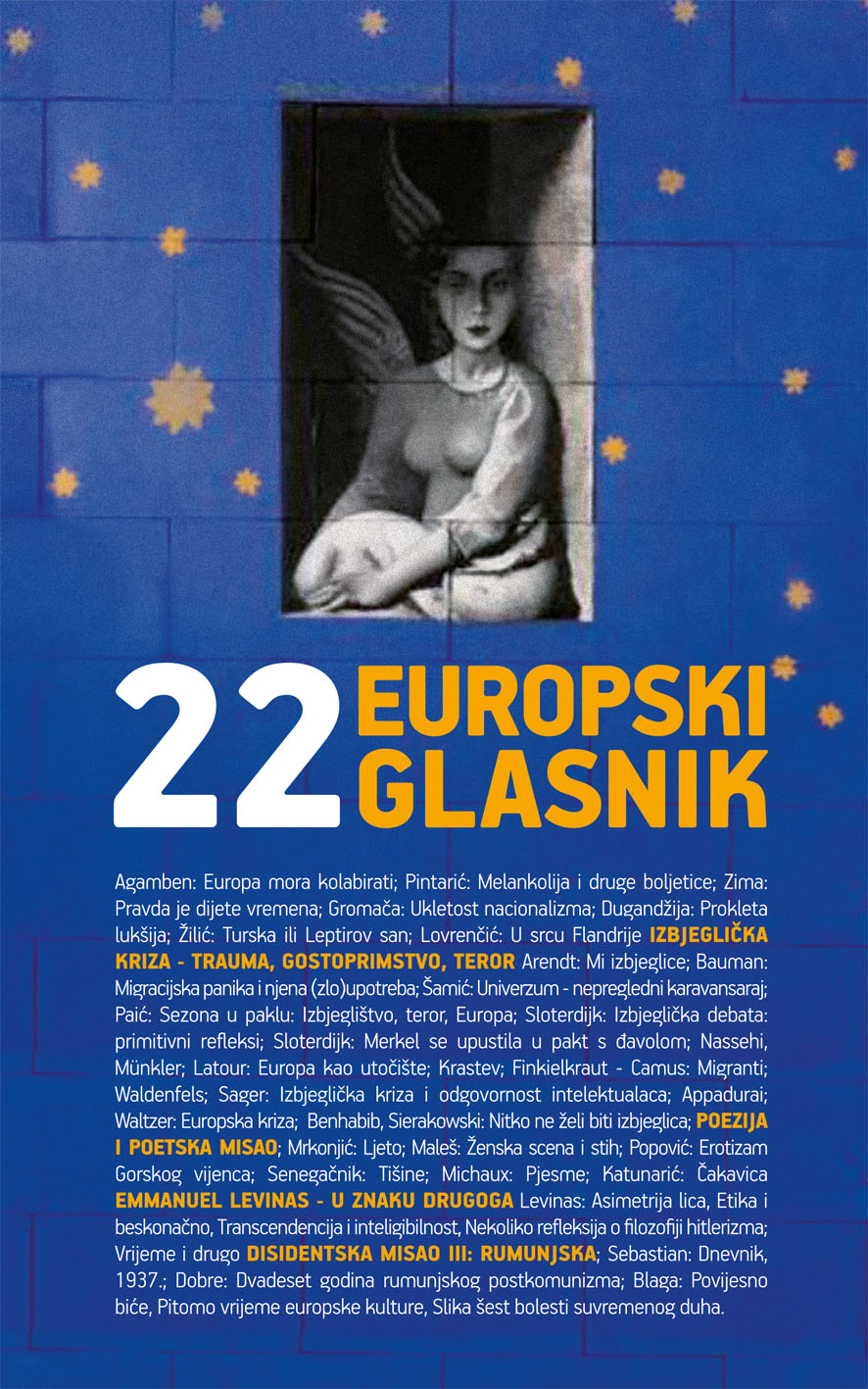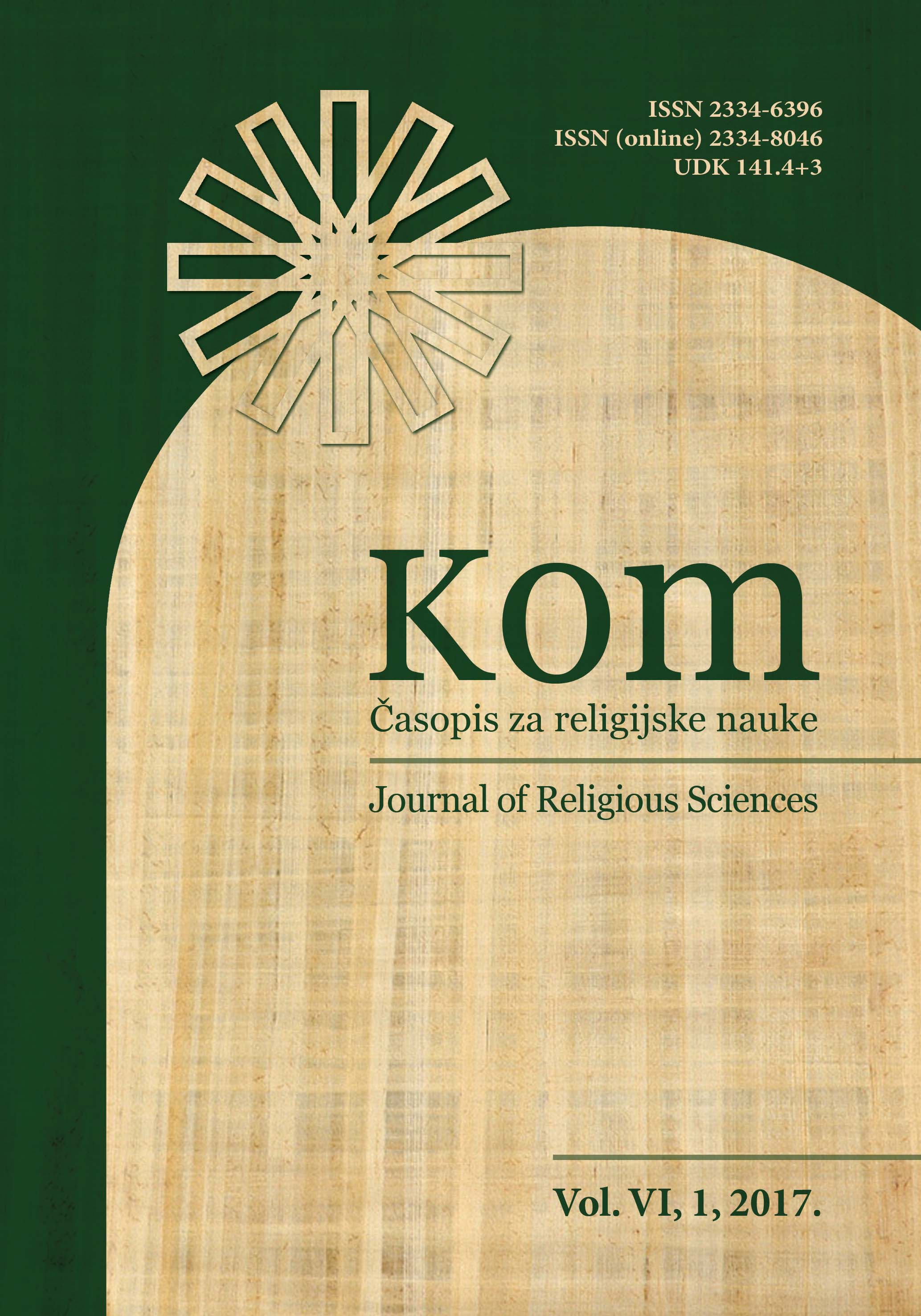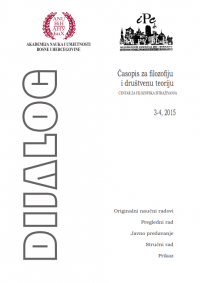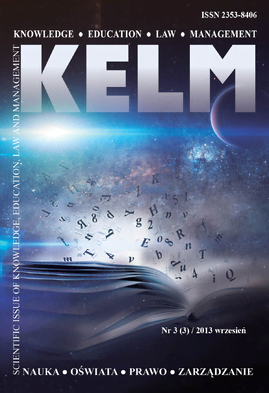Author(s): Andrey Gizha / Language(s): Russian
Issue: 2/2014
The article views the concept "contemporaneity" as a central link of understanding of the time, which is revealed in sociocultural and ontological respective, in unity with the definition of the type rationality of era. There is an extension of problem of Heidegger’s analysis of existence in terms of disclosure of its temporary character in this approach. We should take into account, that the answer to the question about modernity is the answer to the question about the character of era’s rationality.
The concretization of posed problem is in including in its consideration of socio-cultural aspect in its inner connection with identified and approved ontology of the time in historical and philosophical Greek tradition. The contempora-neity in philosophic literature usually posed non-problematic, not as a conceptual content, which is questionable. It is perceived ordinary, as a synonym of "now". Heidegger’s contemporaneity posed as a usual current state of affairs. Nowadays that interpretation is insufficient, because it doesn’t allow us to move to problematic questions about the se-mantic heterogeneity of socio-existential time. Without the adequate definition of contemporaneity the comprehension of the nature of historical time is impossible.
Literal, purely philological interpretation of contemporaneity is so formal, it can’t highlight the contemporaneity in the overall moment, and it can’t distinguish from untimely.
Subject of contemporaneity, as it is, does not hide in the past and in the memory and does not escape to the fu-ture. Contemporaneity signifies the time, it relates with the time. Thus, at first glance, it depends of a time, so, eventually, it is temporal. But, as purely temporal, it can’t interest us. There will not be anything but randomness or arbitrariness. However, the contemporaneity is not random, it is essentially. The essence of time is eternal and universally immutable, so we move to the paradoxical conclusion: there isn’t time in the time (temporality). Thus, contemporaneity is universal too, it is out of chronology.
We can understand contemporaneity like an achieving fullness of time in every present moment, it’s a concentrated beingness. Contemporaneity overcomes the fragmentation, abstractness and hollowness of physical time, converts an abstract physical chronology into existential specific time. We understand fullness of time as a condition of the subject, which keeps his purpose in the present. Fall out the time means to carry away the outer side of being, become partial. Partially fills the fundamental abstractness.
Contemporaneity is presented by universal timeless a set of requirements (basic requirement to subject is to be), so the situation should be recognized by a human. Thus, theme about the time is inextricably linked with the practice of rational thinking. That allows moving to the question about rationality: which rationality characterizes the modern era? It can be characterized as calculated, timed, and technically-programmed. Common with the rationality there is the pursuit of efficiency, achieving the goal by the shortest path. Desire to act effectively with minimal costs and achieve maximum results we apprise as a rational action, it acts as saving efforts there. Partially fills the fundamental abstractness reference to the other particulars -- summating and increasing itself it wants to achieve wholeness of existence.
Contemporaneity is the form of social freedom, which is not covered by simple discursive comprehension, so that form of a freedom exceeds the personal ambitions and reaches the scale of whole society.
More...
